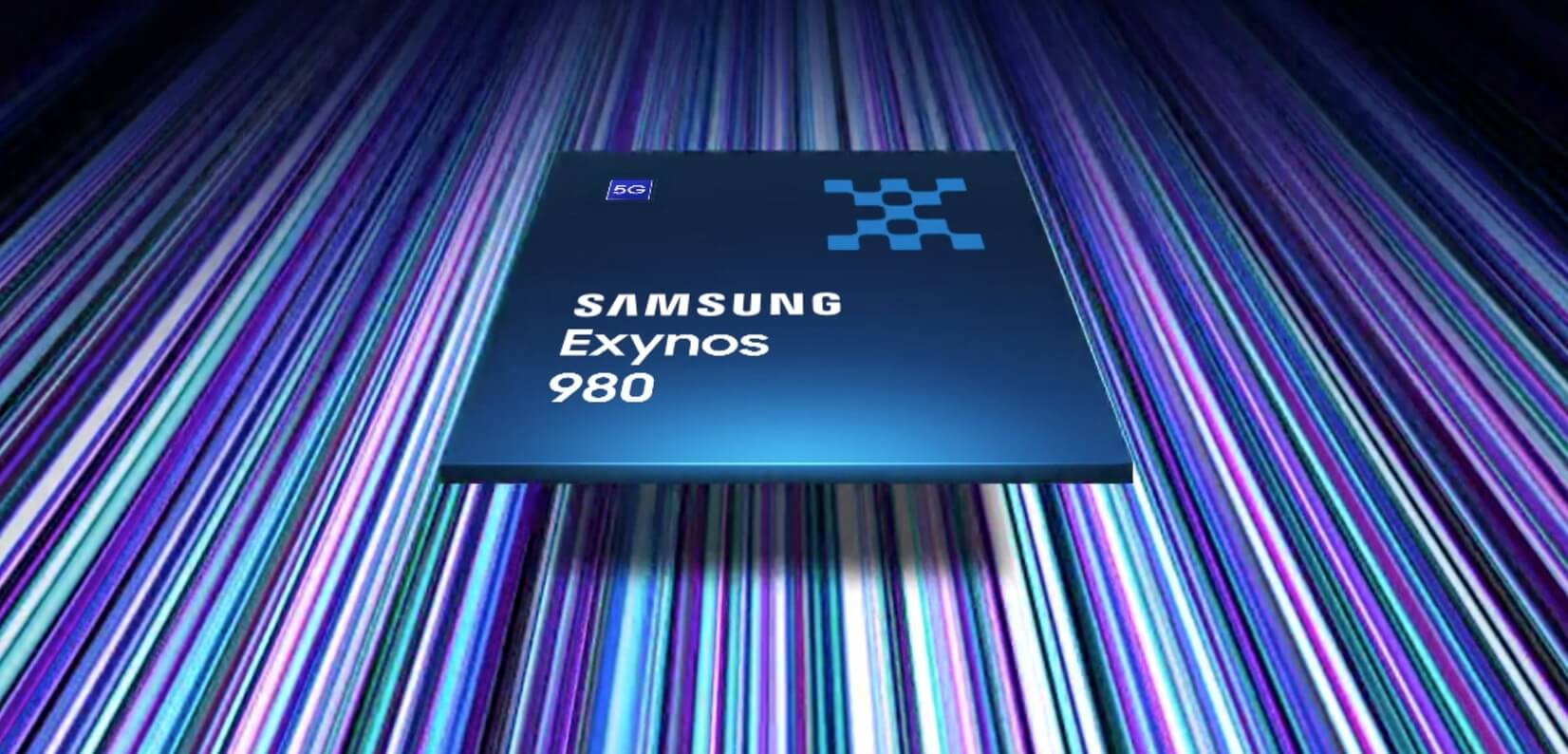In brief: The Exynos 980 is the Korean giant's latest silicon for mobile devices and also the first to integrate a 5G modem. Besides the usual improvements in CPU and GPU speeds, there's a more powerful neural processing unit for AI and augmented reality applications. The biggest benefit would be a reduction in cost for 5G smartphones which should spur adoption among consumers with a lower budget.
Samsung today announced its latest SoC for mobile devices, the Exynos 980. This is the company's first chip that combines a mobile application processor with a 5G modem. This should translate into better battery life, less space taken inside mobile devices, and improved energy efficiency.
Before this Samsung had to rely on an expensive, separate part (Exynos 5100) to provide 5G connectivity on the latest phones from the mid-range Galaxy A90 5G up to the Note 10+ 5G for power users.
The Exynos 980 supports everything from 2G to the latest 5G networks that carriers are working around the clock to install in as many urban areas as possible. It promises data transfer rates of up to 2.55 Gbps for sub-6Ghz 5G and also has the ability to combine that with the 1 Gbps it can achieve on a 4G connection for a total of over 3.5 Gbps. There's also support for the new Wi-Fi 6 standard, which is every bit as important as 5G connectivity.
The SoC is based on 8 nanometer silicon and FinFET technology and sports two high performance Cortex A77 cores and six low-power Cortex A55 cores that should offer enough speed when you aren't playing games. There's also a top end Mali G76 GPU and a neural processing unit (NPU) that Samsung claims is going to be a boon for accelerating AI and augmented reality applications, with 2.7 times the performance found on its predecessor. Interestingly, the NPU is also used for bolstering the security of devices equipped with the new chip.
As the megapixel wars seem to have restarted, Samsung has designed the Exynos 980 to support camera sensors with resolutions of up to 108 megapixels. The image signal processing unit supports five camera setups with simultaneous capture on three of them, and the NPU helps the device understand the scenes and objects to adjust the algorithms that enhance your photos and videos. There's also support for 4K 120fps HDR video, and Samsung has a 9 series chip for 8K enthusiasts as well.
Other makers like Nokia are scrambling to produce budget-friendly 5G phones, so Samsung may well use the Exynos 980 in its 2020 Galaxy A lineup. Mass production of the chip is scheduled for late 2019, and it's going to be interesting to see if the company can bring 5G to the masses at a price that doesn't break the bank.
